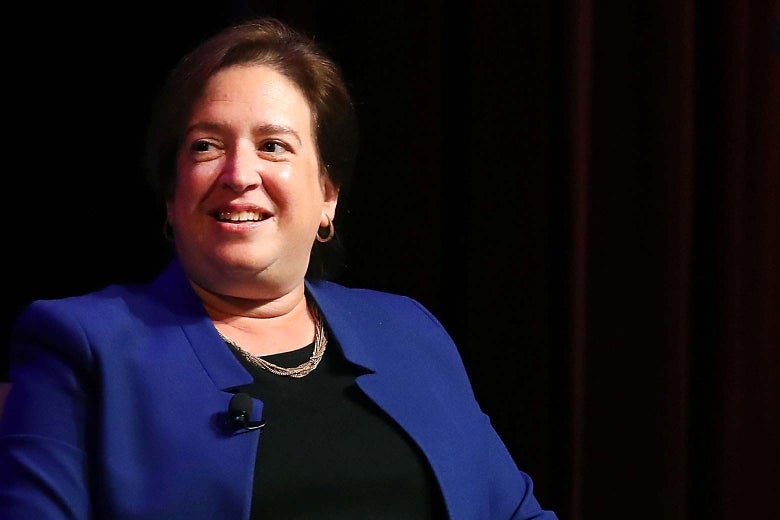- Joined
- Nov 13, 2009
- Messages
- 45,544
- Reaction score
- 12,406
Found some interesting reads on this latest decision with SCOTUS where you saw an odd split among the justices in reversing a previous decision 6-3
https://www.scotusblog.com/case-files/cases/ramos-v-louisiana/
Judgment: Reversed, 6-3
Holding: The Sixth Amendment right to a jury trial, as incorporated against the states, requires a unanimous verdict to convict a defendant of a serious offense.
Support: Breyer, Ginsburg, Sotomayor, Kavanaugh, Thomas, and Gorsuch
Dissent: Roberts, Kagan, Alito
U.S. Supreme Court requires unanimous jury verdicts for serious crimes
Reuters
Law people.... ASSEMBLEEEEE and discuss
@Quipling
@Lord Coke
@Trotsky
@panamaican
@Amerikuracana
https://www.scotusblog.com/case-files/cases/ramos-v-louisiana/
Judgment: Reversed, 6-3
Holding: The Sixth Amendment right to a jury trial, as incorporated against the states, requires a unanimous verdict to convict a defendant of a serious offense.
Support: Breyer, Ginsburg, Sotomayor, Kavanaugh, Thomas, and Gorsuch
Dissent: Roberts, Kagan, Alito
U.S. Supreme Court requires unanimous jury verdicts for serious crimes
Reuters
WASHINGTON (Reuters) - The U.S. Supreme Court ruled on Monday that the constitutional guarantee of trial by jury requires a unanimous verdict for serious crimes, siding with a Louisiana man convicted of murder and paving the way for potentially hundreds of defendants found guilty by divided juries to receive new trials.
Only two of the 50 states, Louisiana and Oregon, have permitted non-unanimous verdicts. Writing for the court in the 6-3 ruling, conservative Justice Neil Gorsuch noted that the non-unanimous verdict requirement in both states traced back to past racist policies intended to reduce the power of non-white jurors to influence the outcome of trials.
The ruling, overturning a 1972 Supreme Court precedent, means that Evangelisto Ramos, who was convicted by a 12-member jury on a 10-2 vote, is likely to get a new trial. Ramos, found guilty in the 2014 New Orleans murder of a woman named Trinece Fedison whose body was found in a trash can, was sentenced to life in prison without the possibility of parole.
Law people.... ASSEMBLEEEEE and discuss
@Quipling
@Lord Coke
@Trotsky
@panamaican
@Amerikuracana


